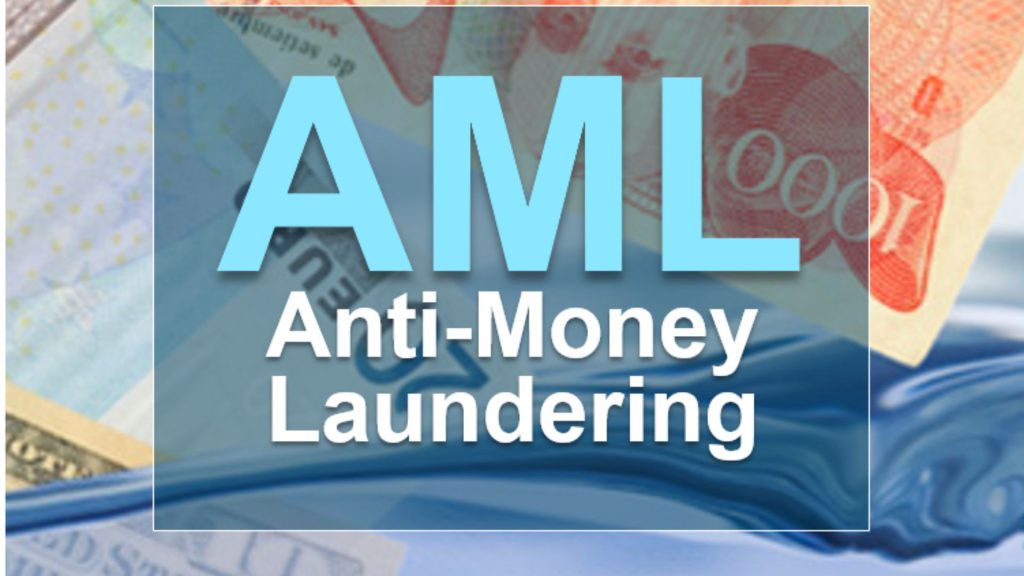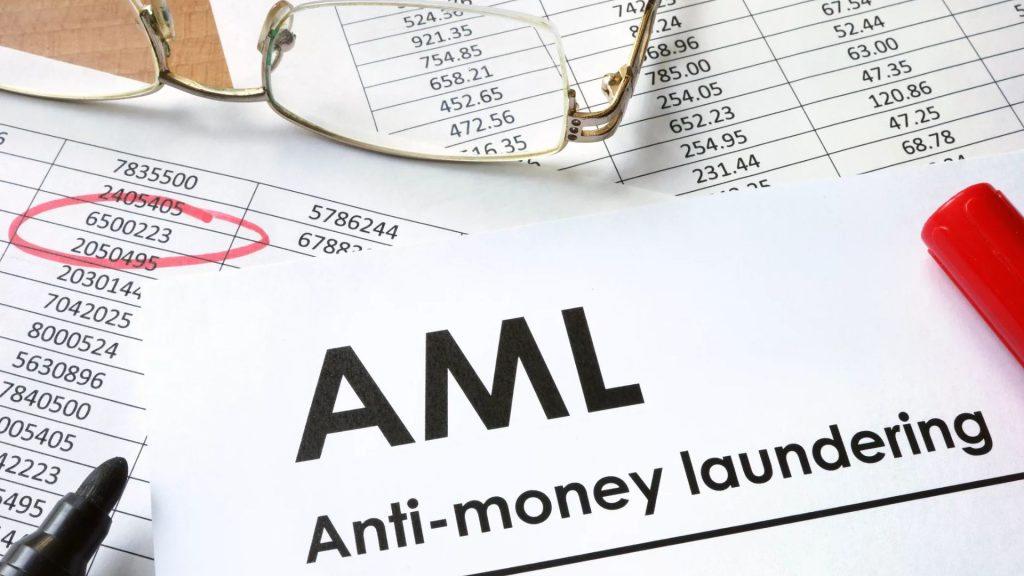Anti money laundering & Countering Terrorist Financing organisations (AML & CFT) law aims to combat money-laundering practices, terrorist training and establishes a legal framework that supports the concerned authorities with anti-money laundering and crimes related to money-laundering, counter the financing of terrorist operations and suspicious organisations.

Designated Non-Financial Businesses and Professions (DNFBPs) are sectors that are vulnerable to money laundering and terrorism financing risks, such as real estate agents, dealers in precious metals and stones, lawyers, accountants, corporate service provider etc.
DNFBPs are required to register with their respective authorities and appoint one person as a Money Laundering Reporting Officer (MLRO). This firm should report any Suspicious transactions (STRs) to Financial Intelligence Unit (FIU).
As a firm who is a DNFBPs need to do a risk-based assessment on all the clients onboard & evaluate periodically their credentials. Maintain a detailed register for the company and their clients. Subscribe for the risk assessment companies like LexisNexis, World check, Thomas Reuters which allows screening of the firm / individual status. Every firm need to register with Executive Office for control and non-proliferation (ECON) to get the emails on the latest list of sanction countries and sanctioned person’s name.
In case of any negative report do further investigation and once confirmed report STR with FIU.
In a risk bound approach the client can be evaluated as follows:
1. Activity: like trading in bullions, precious metal hazardous chemicals
2. Type of licence: General trading, Management consultancy
3. Complicated Structure of the organisation
4. Are they under any sanctioned list of countries or person.
5. Have internal money laundering policies.
Risk based approach requires a Risk based assessment of a relevant person’s business and its customers. A Risk based assessment is a dynamic process involving regular review, and the use of these reviews to establish the appropriate process to match the level of risk. Company has relied upon the tools provided by world check compliance for screening and sanction monitoring of its customers. These tools include FATF recommendations and UNSC renewed data. Such system is reasonable and appropriate in light of the AML risk it covers. Following areas are covered with respect to assessment of risk of customers:
1. No of customers
2. Type of customers
3. The countries in which the customers do their business
4. The geographic area in which customers do their business
5. Customer’s products, services, and activity profiles
6. Its distribution channels and business partners
7. The complexity and volume of its transactions
8. Including new delivery mechanisms, channels, and partners; and
9. Any new customers during the year
10. Any changes in the business profile
M&M Al Menhali Auditing provides Audit and Assurance Services in Dubai, UAE and has developed expertise to comply with AML / CFT regulations in Dubai, UAE. Clients looking for Compliance services in Dubai, UAE can get in touch with M&M Al Menhali Auditing.

Our Compliance services cover:
1. AML / CFT regulations in Dubai, UAE
- Economic substance regulations in UAE
- UBO declaration in Dubai, UAE
- ICV certification in Dubai, UAE
Some important acts and circulars of federal legislation governing Anti-Money Laundering (AML) in UAE are:

